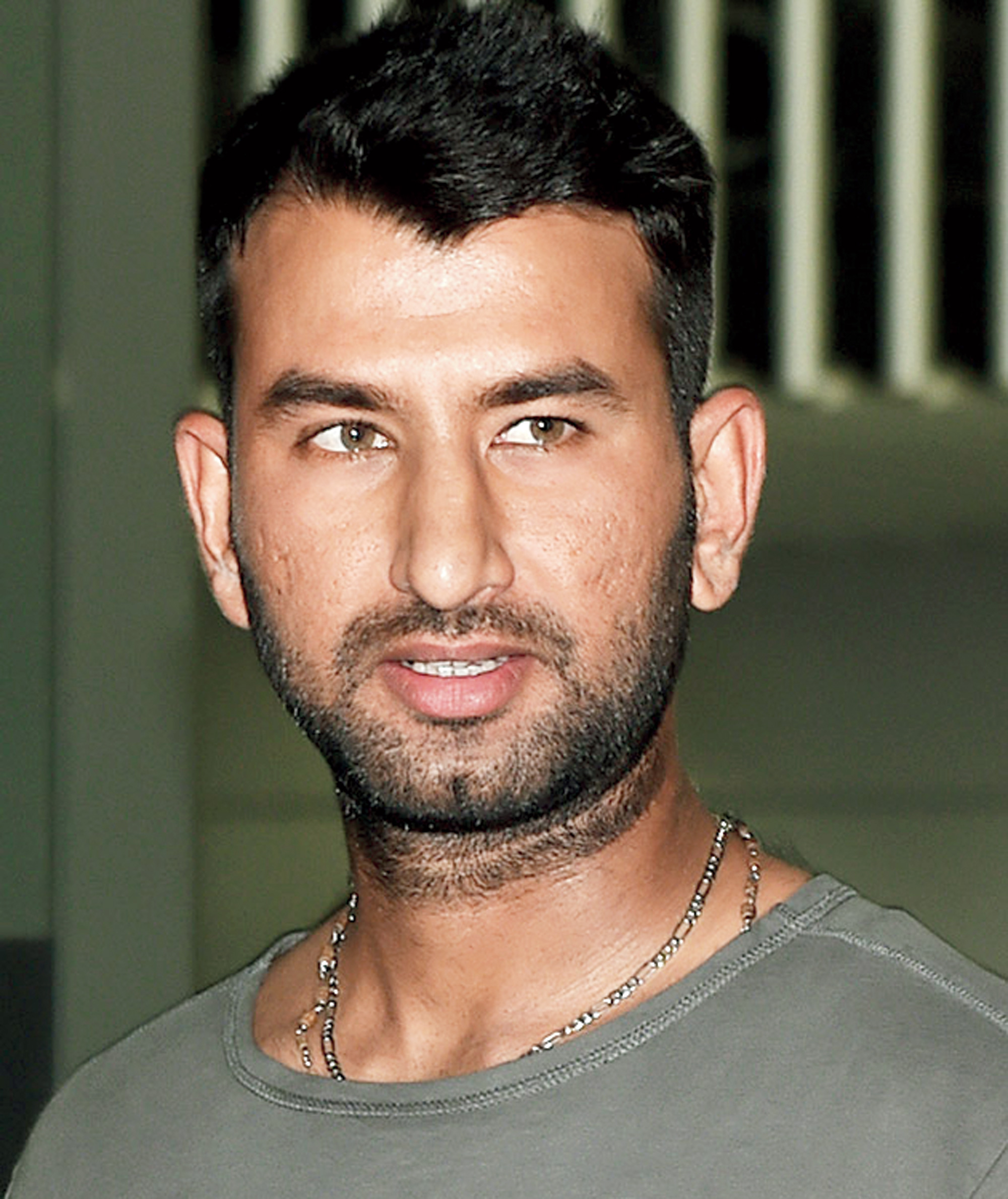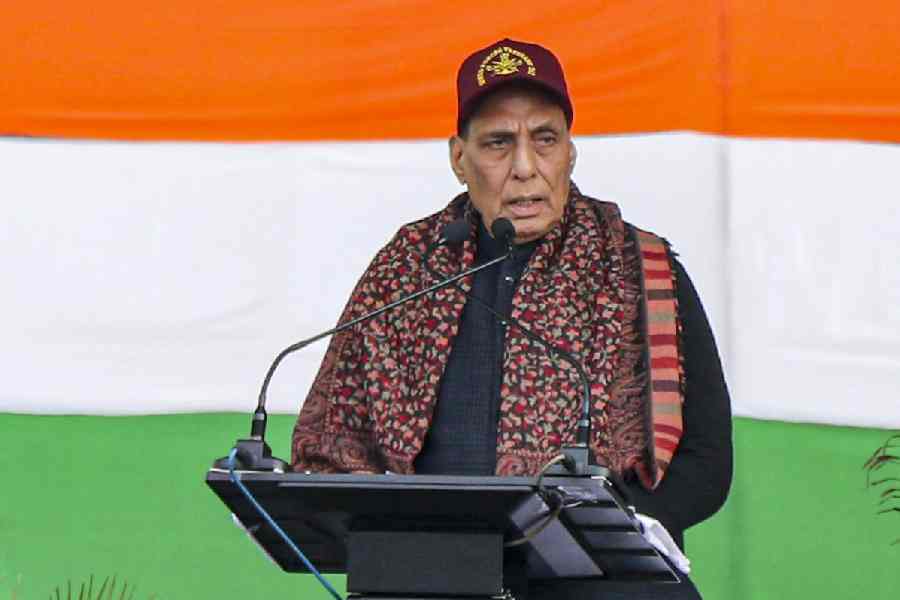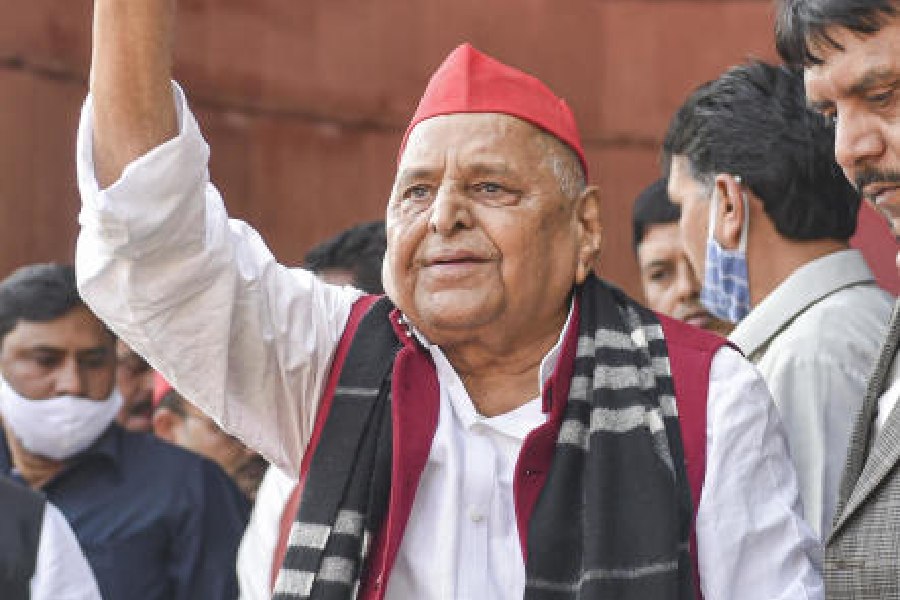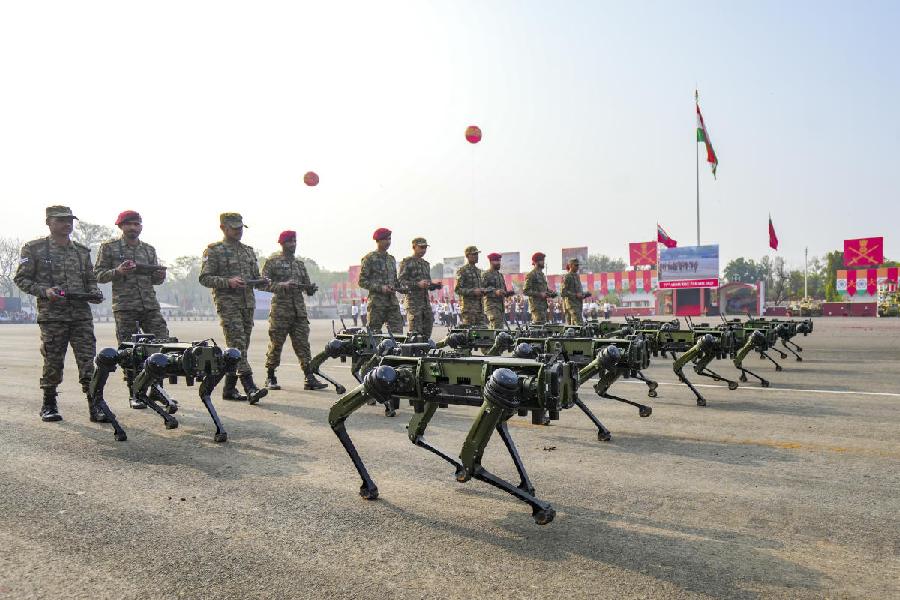Sir — It is shocking that Cheteshwar Pujara, who was instrumental in India’s Test series victory in Australia, has not got the recognition he deserves. The Board of Control for Cricket in India has decided not to award him a Grade A-plus contract. However, Rohit Sharma, who has largely failed to perform in one-day internationals and even in Twenty20 matches, has found his way to the A-plus list. Shikhar Dhawan and Rishab Pant, both of whom deserve B contracts, have both been given A contracts. Much like the selection process for the team, favourable contracts, too, seem to be awarded only to ‘preferred’ players.
N. Mahadevan,
Chennai
Great value
Sir — Eight rare artefacts belonging to the legendary Indian ruler, Tipu Sultan, were discovered in an ordinary home in Berkshire, England. Major Thomas Hart of the East India Company had taken these antiques away after Tipu’s defeat at Seringapatam. The artefacts are ready for auction and are expected to fetch millions for the family in whose home they were found. The family, however, must be lauded for saying that they want the rare antiques to be sent back to India. We have already lost invaluable items such as the Koh-i-Noor and the Peacock Throne. The Indian government should ensure the return of Tipu’s belongings.
Khokan Das,
Calcutta
Real struggles
Sir — At a time when political leaders and civil society are wilfully turning a blind eye to the plight of vulnerable citizens, Moumita Chaudhuri’s article, “In our waste, a way of life” (March 10), about the lives of ragpickers, serves as an eye opener. It was fascinating to read about the life of the former ragpicker, Ajmeri Khatun. She was one of 4,000 ragpickers living at the side of the Topsia Canal Road of South Calcutta.
Ragpickers have a tough life. They collect recyclable waste by wading through garbage, risking cuts and bruises, all for paltry sums. The installation of compactor machines and door-to-door collection of domestic waste have eaten into their livelihood. They are also ostracized by society. Ajmeri, however, is thankful to the NGO, Tiljala Society for Human and Educational Development, that works towards the welfare of ragpickers. One hopes that SHED will represent their cause before the government and demand better living conditions for them. Ragpickers must also be involved in scientific waste management. They should be given the chance to make their grievances known to the political leaders who come begging for their votes during election time.
Jahar Saha,
Calcutta
Sir — The story of Ajmeri Khatun was both humbling and inspirational. Those of us from privileged backgrounds rarely realize the kind of hardships people have to go through to make ends meet. Khatun now runs a successful autorickshaw business, all by sheer dint of hard work — the hard work she put in during her years as a ragpicker. The courage and fortitude it takes to do so well in life after having witnessed terrible struggles are unimaginable to many of us.
Aliya Hasan,
Calcutta
Everyone matters
Sir — As Patti Hoffman, the consul-general of the United States of America in Calcutta pointed out during a recent event, “Discrimination against people with disabilities is not just simply unjust, it hinders economic development and limits democracy” (“Accessibility needed across disability spectrum”, March 9). Ramps alone are not enough to make a public place accessible to all. With the advancement of technology, it is not difficult to adopt a universal design infrastructure which improves the quality of life for everyone irrespective of age or physical ability. Governments, society and private agencies must adopt a broader outlook.
Accessibility is the biggest problem for people with special needs. Schools and colleges are known to overlook intellect and talent in view of the physical disabilities of a student. There is long way to go before there is equality for the differently-abled population in India.
Kiran Agarwal,
Calcutta











